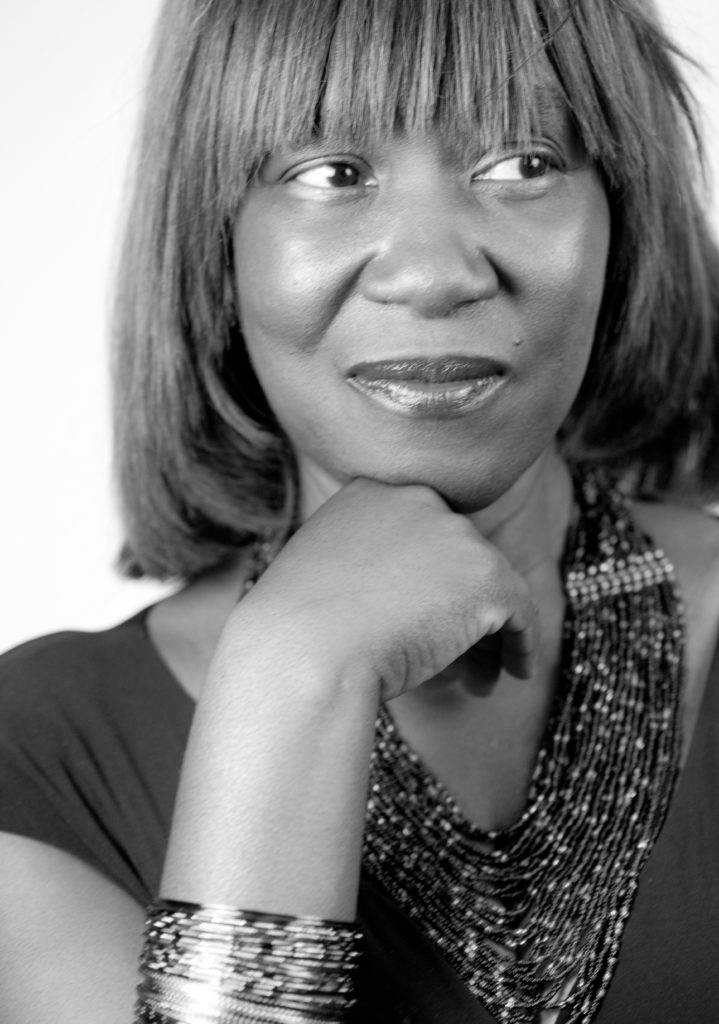“Here is the fundamental reality about the writing business. It’s lonely. You spend all your time writing and then wondering whether what you wrote is any good.”
Writers Speak
E.L. Doctorow on writing with the headlights on night
Writers Speak“Writing is an exploration. You start from nothing and learn as you go …It’s like driving a car at night. You never see further than your headlights, but you can make the whole trip that way.”
Writer Speak: Meaning
Writers Speak“Part of becoming a writer is the desire to have everything mean something.”
Jack Hart on the origins of good narrative
Writers Speak“Good narrative comes from specific real-world decisions made by writers and editors who not only understand the abstract principles of story, but also know how to apply them in the real world.”
John Updike on the writer’s job
Writers Speak“Most of our lives are basically mundane and dull, and it’s up to the writer to find ways to make them interesting. It’s a rare life so dull that no crisis ever intrudes.”
Getting familiar: Tip of the week
Writers SpeakWhen blocked, reacquaint yourself with your notes and research materials to find your way back to the initial excitement of your discovery.
h/t Robert Boice
Elizabeth George on 90 percent endeavor
Writers Speak“Writing is 10% inspiration and 90% endeavor. It’s a job and has to be approached as a job. Writers write—-they don’t wait for it to be fun.”
Emma Donoghue on never panicking
Writers Speak“It’s a matter of how you define writer’s block. Of course I have times when the words don’t come; that’s when I do some of the many other building or tidying tasks involved in the writing, publishing, or publicizing of a book (or story, or play, or screenplay). If there’s a day on which my brain is completely sluggish I call that a research day and jump down a particular internet rabbit hole or go to the library. What I never do is panic and declare that the muse has abandoned me just because I’m not feeling it that day. (It strikes me now that this is much like keeping up a long-term love relationship.)”
Richard Rhodes on where the connection leads
Writers Speak“If writing a book is impossible, write a chapter. If writing a chapter is impossible, write a page. If writing a page is impossible, write a paragraph. If writing a paragraph is impossible, write a sentence. If writing a sentence is impossible, write a word and teach yourself everything there is to know about that word and then write another, connected word and see where the connection leads.
The inherent worth of small stories: Three Questions with Patricia Smith
Writers Speak
What is the most important lesson you’ve learned as a poet?
I’ve learned the inherent worth of small stories. I grew up thinking that poems had no chance of becoming iconic unless they were grasping for huge unwieldy concepts, unless they were somewhat blurry and confounding, unless the reader was armed with a sharp shovel to burrow for meaning. Now I know there’s a community that craves mirrored lives and new ways to move sanely from day to day. There’s nothing that can’t become a poem, and that poem can be clear, accessible, and as lyrical as our lives are.
What has been the biggest surprise of your writing life?
I am constantly astonished that people want to read what I write. Sometimes I feel like I’m writing in a vacuum, writing what I’ve always wanted to read, and subconsciously I’m always prepared to be my own audience. If there were never an audience or a chance to be published, I’d still be writing, because that’s how I check my temperature, see if I’m still firmly rooted in the world I want. I still find it amazing when someone says “I’ve felt that, I just didn’t know there was a way to say it.”
I shouldn’t be surprised. I’ve often said that to other writers. I guess that’s how the community grows.
If you had to use a metaphor to describe yourself as a poet, what would it be and why?
A tornado—fevered and famously unpredictable. No one ever knows where I’m going to touch down and how much damage I will do.
Patricia Smith is the author of eight books of poetry including “Incendiary Art“, winner of the 2018 Kingsley Tufts Award, the 2017 LA Times Book Prize, the 2018 NAACP Image Award and finalist for the 2018 Pulitzer Prize; “Shoulda Been Jimi Savannah,” winner of the Lenore Marshall Prize from the Academy of American Poets; and “Blood Dazzler,” a National Book Award finalist. She is a Guggenheim fellow, an NEA grant recipient, a former fellow at Civitella Ranieri, Yaddo and MacDowell, a Cave Canem faculty member, and a professor at both the College of Staten Island and the MFA program at Sierra Nevada College.